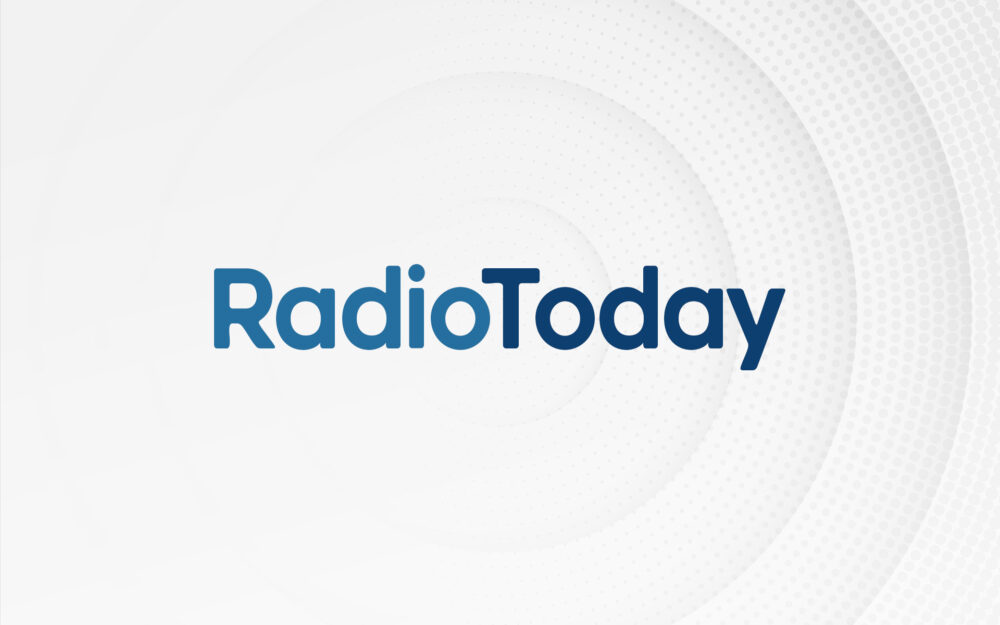Originally posted by An_Inspector_Calls
View Post
So why not do it? Well, no lunch is free and the cost of this is reduced robustness taking the form of a reduced service area to the tune of 1.7 dB for 224 and 5.3 dB for 256. People living well inside the area would probably not notice the change to UEP4 but those living at the edge could lose service. More would lose service at UEP5. How many is hard to say but is it a price worth paying? Moving R3 to UEP4 seems worth a debate?






Comment